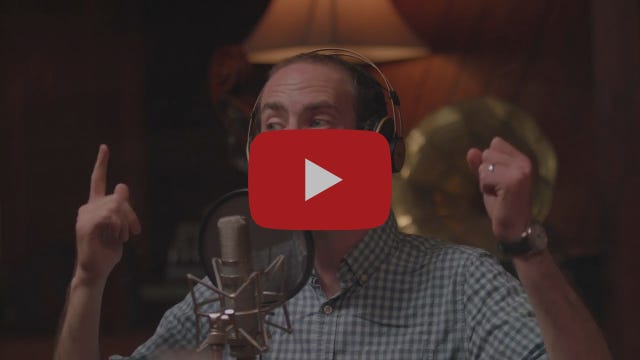The Shabbos Vibe: Mishpatim 5783
Mishpatim 5783

Riverdale Niggun
Rabbi Josh Warshawsky and the Chaverai Nevarech Band
The Shabbos Vibe.
How do you get ready for Shabbat? When I visit a community for a Shabbat residency, I always try to arrive on Thursday so that we can gather together that evening to sing and prepare for Shabbat. We fill ourselves up with the melodies and the words so that by the time Shabbat arrives they feel like old friends. Shabbat is going to arrive every week, but the way we prepare for Shabbat can change the way in which we enter into it. We have the ability to choose how Shabbat is going to impact us and our community around us.
In Parashat Mishpatim, we read about Shabbat:
שֵׁשֶׁת יָמִים תַּעֲשֶׂה מַעֲשֶׂיךָ וּבַיּוֹם הַשְּׁבִיעִי תִּשְׁבֹּת לְמַעַן יָנוּחַ שׁוֹרְךָ וַחֲמֹרֶךָ
Six days you shall do your work, but on the seventh day you shall cease from labor, in order that your ox and your ass may rest... (Ex. 23:12)
Why are these words lema’an yanuach (so that they may rest…) necessary? When we received the commandment of Shabbat before, it was just a list of everyone who was supposed to rest: ata u’vincha u’vitecha (you, your children, your household etc.), but here we have these words lema’an yanu’ach - “so that…” The Gerrer Rebbe explains that your preparations for Shabbat, your rejoicing and holiness and rest, should affect everything around you. Shabbos joy, Shabbos rest, Shabbos peace, should leap out from within you and impact the entire world around you.
In the Talmud (Shabbat 119a) we learn of various different ways the Rabbis would prepare for Shabbat. Rabbi Ḥanina would wrap himself in his garment and stand at nightfall on Shabbat eve, and say: “Come and we will go out to greet Shabbat the queen!” Rabbi Yannai put on his garment on Shabbat eve and said: “Enter, O bride. Enter, O bride!” Others would get meat from every butcher in town, or prepare their houses to welcome guests. Shabbat allows us to actively and intentionally change our state of being for 25 hours.
So how do you prepare for Shabbat? This melody, the Riverdale niggun, is a wandering niggun. It is a melody sung by a Jew on their way to shul for Shabbat, humming to themself as they walk down the road. As they proceed they are joined by friends along the way and the energy builds and builds so that by the time they reach the shul they are jumping for joy, holding each other and celebrating as they enter into Shabbat together.
Rabbi Abraham Joshua Heschel wrote, “In no other act does man experience so often the disparity between the desire for expression and the means of expression as in prayer. The inadequacy of the means at our disposal appears so tangible, so tragic, that one feels it a grace to be able to give oneself up to music, to a tone, to a song, to a chant. The wave of a song carries the soul to heights which utterable meanings can never reach. Such abandonment is no escape, for the world of unutterable meanings is the nursery of the soul, the cradle of all our ideas. It is not an escape but a return to one’s origins.”
This Shabbat, how will you prepare? What do you need from Shabbat and how can you set an intention to receive it?
Shabbat Shalom,
Josh
Join us this year for an exploration of the weekly Torah portion and the story of the Jewish people in connection and conversation with my musical compositions. Through this journey, I hope we find deeper meaning in these melodies, stronger ties to our tradition, and true relevance to the work we are doing in the world today. I’m not exactly sure where this journey will lead, though I hope it will lead to new conversations, new ideas, new relationships, new inspiration, and new music. I’d love to hear your thoughts along the way.

